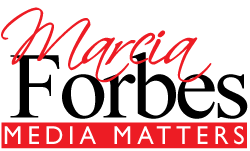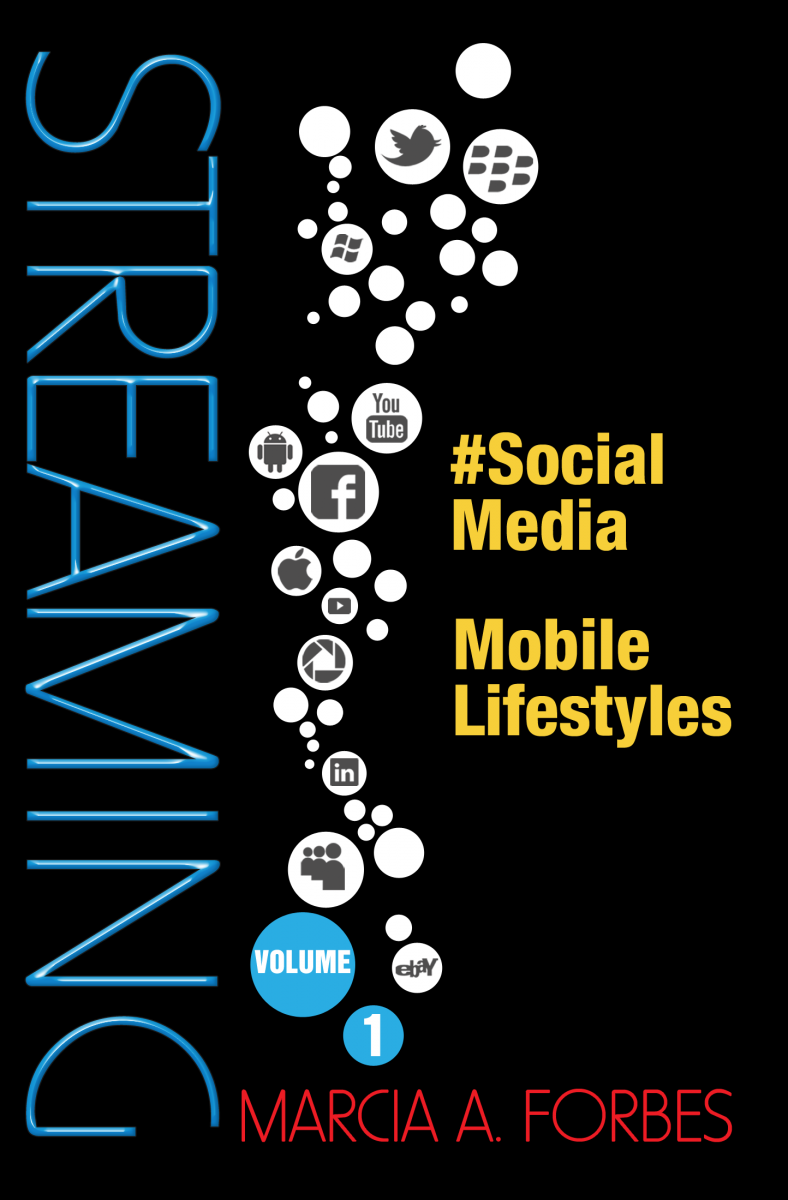Cyberslacking & 4G
Internet not ‘one size fits all’
Writing about the internet in Trinidad some ten years ago, Miller and Slater (2000) sought to understand “how members of a specific culture attempt to make themselves a(t) home in a transforming communicative environment, how they can find themselves…and at the same time try to mould it to their own image.” It is not just whether a country has internet access that matters but, importantly, what they do with that access; how they mould it in their image.
In my ambitious research project toward a book on the subject, the focus will be on internet use in general but with some focus on social networking such as Facebook, YouTube and Twitter. I’ve immersed myself into becoming a netizen—a citizen of the internet, living large parts of my workday online. It is a good time for this kind of research, especially against the backdrop of the recently launched 4G wireless broadband, promoted as providing 10 times more speed than 3G and as already available in 60% of the island. What this means is that many more Jamaicans will be able to access the internet. To what end this access begs for answers.
What are Jamaicans really doing as they log on? Is it primarily for play or for work? By failing to check, we often jump to very wrong conclusions. Some time ago while awaiting a meeting I used the opportunity to catch up on work-related email correspondence. A passerby commented on what she believed was my game-playing indulgence. Truth is, I have no clue and no interest in either cell phone or online games. More recently a friend accused me of ‘wasting time’ on Twitter. I’ve given up trying to explain the nature of my research work and the value-added benefits of Twitter as a tool for sourcing research material and for general engagement with a community of Jamaicans and foreigners who are steeped in the use of new media. For me Twitter is not (usually) about cyberslacking.
Cyberslacking?
In an August 2010 survey-based report, social networks are accused of potentially costing the British economy up to 14 billion pounds a year in lost working time. More than half (55%) of the UK’s working population are reported to access social media while on the job. Coming out of the USA, Nielsen’s rating found a 43% growth in use of social networks between June 2009 and June 2010. Concerns are being raised in particular for possible negative consequences on the productivity of small and medium sized enterprises (SMEs). It is felt that these are the ones least likely to monitor their employees and hence to suffer from cyberslacking.
With Jamaica’s focus on SMEs in helping to drive our economy and with the PSOJ’s focus on strengthening families in business (mostly SMEs), statistics on the use of social networking on the job would help to guide certain work place policies pertaining to internet use. This is especially so in light of what is expected to be a ramping up of social networking through widely available 4G services -- plug, pay and go -- by marketer extraordinaire, Digicel. Interestingly, in the UK survey 14% of respondents admitted to being less productive as a result of social media, compared to 10% who believed social media made them more productive.
Jamaica can hardly afford any further falloff in worker productivity levels. Without empirical data, we are simply hoping for the best in touting the value of 4G since at a national and a public level we really do not know to what end Jamaicans are spending time online, whether their own time or that of their employers. Nielsen’s survey findings on What Americans Do Online revealed that playing games was the 2nd most popular activity. How would this square with Jamaica?
We know that women and children across all sectors of Jamaican society are getting in on gambling. In America the average social gamer tends to be female and around 43 years old, with Facebook as the most popular site for online games. What is the cyberslacking profile for Jamaicans? Who are the ones wasting time online playing Farmville while they should be giving their employers an honest day’s work or doing their homework?
Value of Social Media
There is absolutely no doubt that social networking can be used in positive ways for both business and life in general. The Twitter presence of a growing number of local businesses, including Palace Amusement, Just Bet and the Jamaica Pegasus, speak to, at the very least, recognition of the potential value of being on these sites. Every single local entertainer has tapped into My Space and YouTube as marketing tools. New types of jobs are being created by these new technologies with exciting opportunities for those who master their techniques.
A professor of epidemiology overseas, Dr. Tara Smith, wants to extend the conversation on HIV/AIDS outside the classroom and is using Twitter to “post information/questions/thoughts and get feedback from a wide variety of sources”. Numerous links to articles which highlight the value of social media and how to optimize return on investment are posted on Twitter daily.
Digicel with its 4G broadband has a wonderful opportunity to take Jamaicans beyond cell phone chat to cyber-productivity through e-commerce by SMEs as well as larger businesses. Will this happen? And, if it does, will we know? Who is tracking this kind of vitally needed data?


